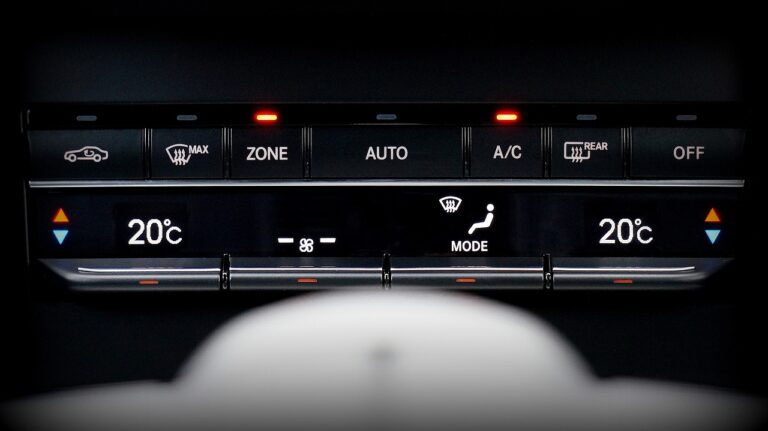The Impact of Electric Vehicles on Automotive Manufacturing Processes: 11xplay reddy login registration, Laser book 247, Skylive casino
11xplay reddy login registration, laser book 247, skylive casino: The Impact of Electric Vehicles on Automotive Manufacturing Processes
Electric vehicles (EVs) are becoming increasingly popular as the world shifts towards a more sustainable future. As a result, automotive manufacturing processes are also undergoing significant changes to accommodate the production of EVs. In this article, we will explore the impact of electric vehicles on automotive manufacturing processes and how manufacturers are adapting to this new era of transportation.
Transition to Electric Vehicles
With the rise of climate change concerns and the need to reduce carbon emissions, many countries and cities are implementing stricter regulations on vehicle emissions. This has led to a growing demand for electric vehicles, which are cleaner and more environmentally friendly than traditional internal combustion engine vehicles.
As a result, automotive manufacturers are shifting their focus towards producing more electric vehicles to meet the increasing demand in the market. This transition has brought about several changes in manufacturing processes, from sourcing materials to assembly line techniques.
Changes in Materials and Components
One of the key differences in manufacturing electric vehicles compared to traditional vehicles is the materials and components used. EVs require specialized batteries, motors, and electronic components that are not found in traditional vehicles. This has led manufacturers to source new materials and components from suppliers specializing in electric vehicle technology.
Additionally, the batteries used in electric vehicles are larger and heavier than traditional engines, requiring manufacturers to develop new lightweight materials to offset the added weight. This has led to innovations in materials science and engineering, resulting in lighter and more durable components for electric vehicles.
Assembly Line Techniques
The assembly line for electric vehicles is also different from traditional vehicles. Electric vehicles require unique processes for installing batteries, motors, and electronic components, which have led manufacturers to redesign their assembly lines to accommodate these changes.
Manufacturers are also investing in automation and robotics to increase efficiency and reduce the risk of errors in the production process. This has led to a more streamlined and efficient assembly line for electric vehicles, resulting in higher production rates and lower costs.
Overall, the transition to electric vehicles has had a significant impact on automotive manufacturing processes. Manufacturers are adapting to the changing market demands by sourcing new materials and components, redesigning assembly lines, and investing in automation technologies. These changes are paving the way for a more sustainable and environmentally friendly future for the automotive industry.
FAQs
Q: Are electric vehicles more expensive to produce than traditional vehicles?
A: Initially, electric vehicles may be more expensive to produce due to the cost of batteries and electronic components. However, as technology advances and production volumes increase, the cost of electric vehicles is expected to decrease.
Q: How are manufacturers reducing the environmental impact of electric vehicle production?
A: Manufacturers are implementing sustainable practices such as using recycled materials, reducing waste, and increasing energy efficiency in their production processes to reduce the environmental impact of electric vehicle production.
Q: Will the shift to electric vehicles lead to job losses in the automotive industry?
A: While the transition to electric vehicles may result in some job losses in traditional manufacturing roles, it is also creating new job opportunities in areas such as battery production, software development, and electric vehicle technology.
In conclusion, the impact of electric vehicles on automotive manufacturing processes is undeniable. Manufacturers are adapting to the changing market demands by sourcing new materials and components, redesigning assembly lines, and investing in automation technologies. These changes are paving the way for a more sustainable and environmentally friendly future for the automotive industry.







